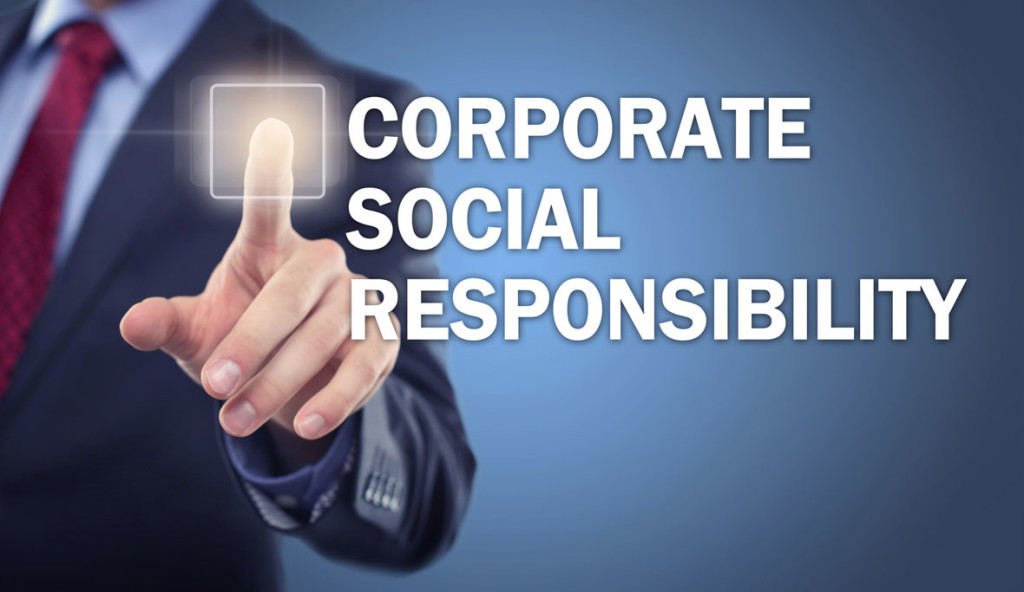“Sustainability for a business today is not a nice-to-do thing,” said Arif Naqvi, founder and group chief executive of the Abraaj Group. “It’s a have-to-do thing.”
Naqvi, a key participant in the 2015 Oslo Business for Peace Summit and keynote speaker at the subsequent Business for Peace Award Ceremony, described a new, urgent corporate pragmatism that goes beyond idealism or kind intentions.
Within a global society increasingly vexed by income inequality, conflict and environmental challenges, he and other event participants argued that the only smart long-term business move is to demonstrate a tangible commitment to the larger good. “Sustainability is no longer just something for making a company better,” said Naqvi, who serves on the board of the United Nations Global Compact and was a 2013 honoree of the Business for Peace Foundation. “It’s become crucial to a company’s ability to show that it has a right to exist.”
This year, the foundation recognized five global entrepreneurs for “business worthy” work–described by Per Saxegaard, its founder and executive chairman, as work that “inspires a business person to identify with a win-win mindset and actions that marry profit to a higher purpose.” Honorees were selected by a four-person award committee consisting of two Nobel laureates in peace and two in economics.
This year’s honorees were Juan Andres Cano of Colombia, the CEO of Semilla, an ethics consulting group, and Value4Chain, a tech platform for sustainability management; Merrill Joseph Fernando of Sri Lanka, founder of Dilmah, one of the world’s leading tea producers and a proponent of ethical standards that go beyond conventional notions of “fair trade”; Zahi Khouri, a Palestinian entrepreneur who launched the Palestinian National Beverage Company and who has fostered professional and personal development within his community; Poman Lo, group managing director of Regal Hotels International in Hong Kong, founder of Century Innovative Technology Limited and creator of the 3-D animated educational television show “Bodhi and Friends”; and Paul Polman, CEO of Unilever, a global company that has successfully encouraged shareholders to adopt a long-range, sustainable approach to growth.
The honorees and supporters of the Business for Peace Foundation appear united in an enthusiastic embrace of a conscientious form of capitalism, in a faith in the ability to find a profit advantage in doing the right thing. Polman, in accepting the award, called to mind Churchill’s words that democracy is the worst form of democracy except for all others; capitalism could be seen similarly he said, arguing that businesses have an imperative to adjust so that capitalism can spawn creative solutions to today’s challenges.
Trust As A Brand
“Trust must be the cornerstone now of any business,” Naqvi told me prior to the evening ceremonies, yet he believes a socially responsible imperative is actually part of a far older commercial tradition. “Adam Smith said that the job of a businessperson is to be an engaged stakeholder in the community,” he said.
The role of trust in building a brand, he said, will soon be paramount, predicting that a consumer in the not-too-distant future will see three different brands of water on a store shelf and will be inclined to choose based on which company is best known for making a positive impact in the community.
Fernando, founder of Dilmah, made a distinction between a business that produces a mere commodity and one that embodies integrity. The latter type of business can both proudly produce an outstanding product and care for its community, he told me, rather than simply maximizing short-term profits; Fernando said he has long resisted shortcuts and expediency along the road to building a global empire.
It’s hardly naive or idealistic to suggest that businesses can foster peace; indeed, Steven Pinker, in Better Angels of Our Nature: Why Violence Has Declined, gave more credit to capitalism than to religion or politics for the dramatic “civilizing effect” of recent centuries. As Pinker noted, “gentle commerce” naturally incentivized separate classes and societies to see another’s prosperity as one’s own, and to put replace weapons with business agreements.
Proponents of the “business for peace” approach argue that the future opportunities are breath-taking for those companies that seek the larger good in meaningful, demonstrable ways. But they also argue that this will require a shift from corporate social responsibility (CSR) being a discrete corporate department to becoming the very DNA of an organization. Enlightened self-interest, they argue, will be pragmatic, urgent…and very profitable.
This article was taken from here.

